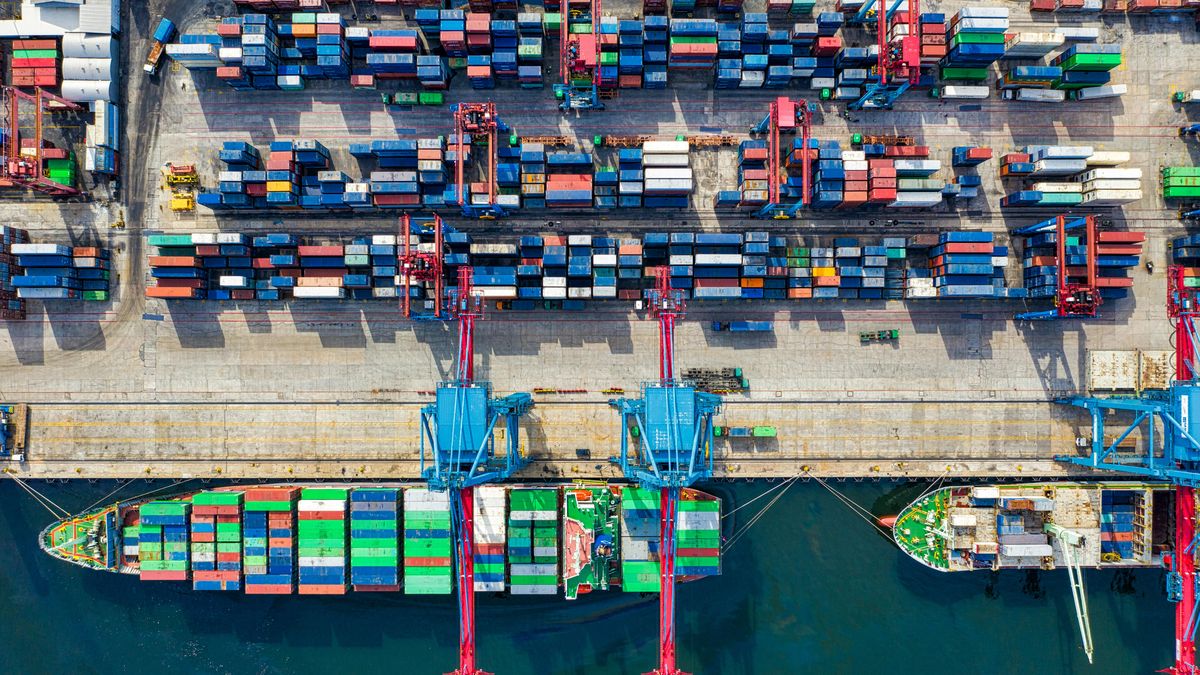The government of Argentina announced a few days ago import release for certain products in the basic basket in an attempt to control inflation, which in February, and for the third consecutive month, was ranked as the highest in the world. For Uruguay and its exporters, are new possibilities opening up?
The first news was given by the presidential spokesperson, Manuel Adorni, in his usual daily press conference. The government official Javier Milei assured that the Executive power had made the decision to “definitively” open imports of some products of the basic family basket with the objective of “making prices more competitive” in the domestic market.
The measure, as it was finally known after a meeting of the Secretary of Commerce of the neighboring country, Paul Levigne, with Argentine industrialists, means exemption from tax Added Value (VAT) on the importation of certain food, beverage, personal hygiene, cleaning and medicine products.
Now, what impact could this new modification in Argentine import regulations have for Uruguayan exporters?
Is there an opportunity for Uruguayan exports?
Argentina occupies fifth place among the main destinations for exports of Uruguay towards the world. In the annual balance of 2023 Uruguay XXIthe country represented 5% of the total placements, with 565 million dollars sold, and auto parts, vehicles and pulp were the star products sent to the other side of the country. Silver river.
In February, meanwhile, data from the investment promotion agency indicated a total of 28 million dollars exported to Argentina, again with vehicles and auto parts among the first places.
However, the country also exports other products to the neighboring country that are included in the liberalization of imports and tax exemption announced by the Milei government—although not yet effectively implemented. Among them, for example, are the dairy products and derivatives.
This category had a decrease of 90% in the year-on-year comparison, but the Argentine opening could mean a great opportunity to recover the trade balance. Products such as processed cheeses, grated cheeses, fresh cheeses, margarines, butters and other variants with lactose and lactose syrups are included in the VAT exemption for Argentine importers, and are already items traded from Uruguay, according to the monthly foreign trade report of the Chamber of Industries (CIU).
Likewise, beverages, canned fish, flours and oils, cereals, food preparations such as sauces and baked goods, and food inputs such as cocoa; as well as soy itself, could have greater opportunities in a market with fewer regulations and tax pressures, especially in a context in which, based on the survey of the Union of Exporters of Uruguay (UEU) The debt of Argentine importers with Uruguayan exporters amounts to 200 million dollars.
Can imports be freed in the automotive sector?
Beyond the alternatives that may open up from the liberalization of imports of products in the basic family basket, to Uruguay The real impact could be felt in case Argentina lift regulations in the automotive trade, since the country mainly exports auto parts and vehicles to the other side of the Río de la Plata.
In that sense, and although the matter is not yet officially discussed, a group of car importers in Argentina would have already presented a plan to the Milei government to free the entry of foreign vehicles with lower tax burden, according to a specialized media from that country. The objective of this initiative also points to a “price correction” and to control the inflation in dollars.
Source: Ambito




